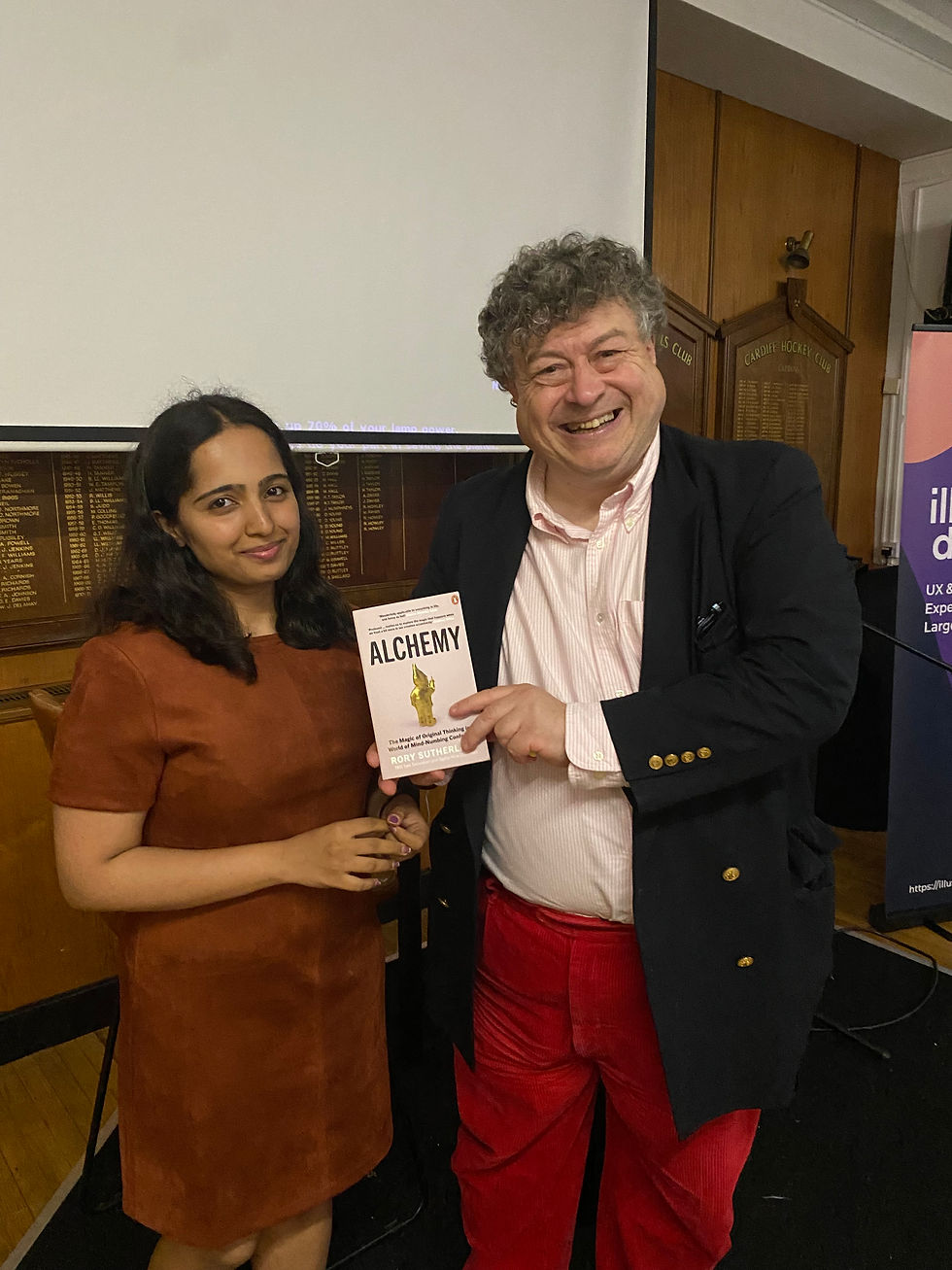COVID-19 in Immunosuppressed & Organ Transplant Recipients - lessons learned the hard way
- Manaswini Jois
- Jun 11, 2021
- 4 min read

Covid-19 has shaken the entire world from the past one year. Every morning, the mandatory headlines we unfortunately witness are the shooting up of cases, lack of resources to treat patients, and number of deaths. Many of us have been close victims of the pandemic, where we have lost our loved ones and our families have been torn apart. There are also people who have successfully fought and recovered from the virus. Then there are ones who have had no symptoms whatsoever after contracting the virus, and have gone about with their lives after their quarantine period. The uncertainty of how the virus affects each person has left everyone confused and no authorised body yet has a clear-cut conclusive report on this.
There is a certain population that is the most at risk and there is not a lot of data on the internet to create enough awareness regarding the same. They are the immunocompromised ones, either are on immunosuppressed drugs after organ transplant or ones suffering from HIV. Before diving deep into the subject, I want to go on record and state that I am not a medical expert. My knowledge on subject developed when someone close to me became a victim of such a medical case. My mother was a kidney-transplant recipient who contracted Covid-19 in April-2021. She had been taking good care of her health and was doing well since ten years after her transplant, but she could not survive Covid, as we lost her a month after she contracted the virus.
Here as per my understanding is how Covid-19 impacts on the Immunosuppressed -
They are not shielded with a strong immune system.
It is common knowledge that our immune system plays a very important role in fighting the coronavirus. Since we have been alerted about the pandemic, we have been taking strong measures in terms of eating habits, nutrition, daily exercises, etc to boost our immune system. We have also relied on over-the-counter supplements and medication to keep our immune system in check. Unfortunately, the immunosuppressed are the unlucky ones in this scenario where they cannot rely on the immune system for protection like the others. Kidney and other organ transplant recipients like my mother are very much deprived from this basic privilege. For an organ transplant to be successful, it becomes important that the recipient remains on immunosuppressant drugs and medication. The immunosuppressant ensures that the body does not attack the transplanted organ. Our immune system does not have the ability recognise that the organ has come in to save our lives, instead, it only recognises it as a foreign entity trying to breach into our system, and thus attacks it. This is what puts a transplant recipient's life in jeopardy. Due to a weak immune system, they easily become prone to bacterial and viral infections. Coronavirus is no different. What turns out to be an asymptomatic or moderately symptomatic infection in most people, becomes a life-threatening one among the immunosuppressed, causing severe illness or even death.
They are the easy targets.
The SARS CoV-2 is known to be highly transmittable, thus it becomes very important that the immunosuppressed group take extra measures to not contract it. There is not much evidence supporting that immunosuppressed are more contagious to the disease than the average person. However, since we have established that the risk of severity and death is higher among them, it becomes important that they avoid the contraction in the first place. My grandmother was the first one to contract the coronavirus in my home. We did not panic initially as she was asymptomatic to the infection even though she is 82 years old. She quarantined herself in a room and we took care of her following the social-distancing guidelines. Even then, my mother and I too ended up with the infection. I experienced mild symptoms, but my mother was the one who took the worst beating and lost her life within a month of contraction.
Vaccines may or may not be sufficient.
One or two dozes of vaccine standardly approved by WHO is the hope of survival to everyone, but may not be the case among the immunosuppressed. A new study from France proved that Pfizer vaccine showed the development of antibodies only in 17.8% of the kidney transplanted recipients. Through this, I absolutely do not imply that one should not be vaccinated. Vaccination is the only ray of hope against Covid for everyone in the current scenario as there is no other 100% proven cure, and that includes the immunosuppressed population. However, since the vaccine success rate has proven to be lower among them, they would be safer when not only them, but also those around them are vaccinated. You are indirectly helping them by getting vaccinated and contributing to achieving herd immunity.
Possibility of Virus to mutate & evolve within them.
This is a scary scenario. A virus cannot live and sustain on its own and thus requires another living organism to survive. Within the living organism, the virus not only survives, but there is a possibility that it can grow and mutate. The longer a virus survives in a living organism, the greater the danger it can pose. In a person who experiences mild or no symptoms of the disease, the virus can last upto a maximum of 2 weeks. But in a person with severe Covid infection, the virus can last for 6 weeks or even more. in such a case, there comes a possibility that the virus can mutate into a much dangerous variant, in terms of both transmissibility and severity of the disease. This can pose to be threat not only to the immunosuppressed with Covid, but also to the ones in proximity to them. My mother within a week of contracting the virus became critically ill with severe damage in her lungs and development of stroke. Her transplant kidney also took a major hit. We lost her after her hospitalisation of 28 days.
These are a few things I learned from my own tragic experience. There are more immuno-compromised people than you know around you, fighting to lead a normal life that they deserve. My intention to write this article is to spread awareness and stand with them to unitedly fight and overcome Covid-19.

.png)



Comments